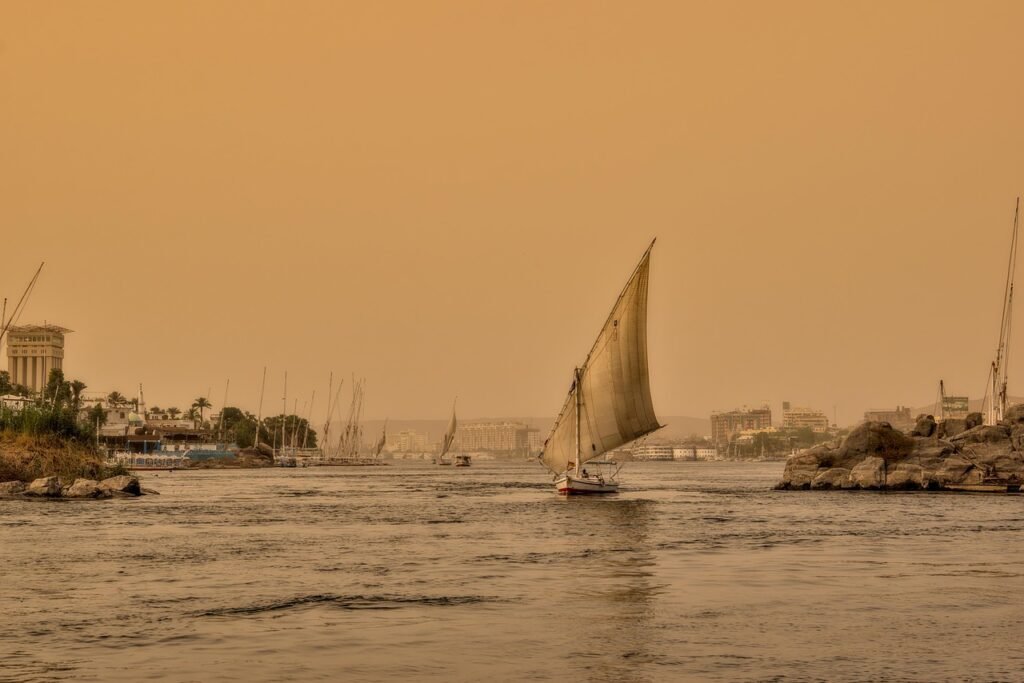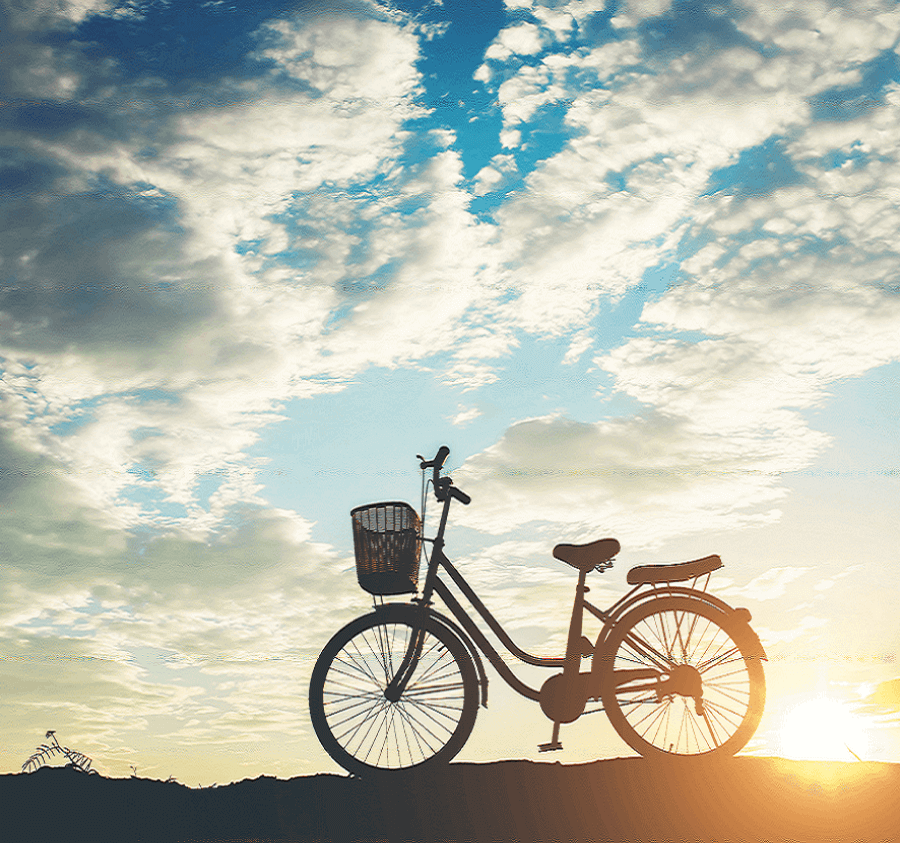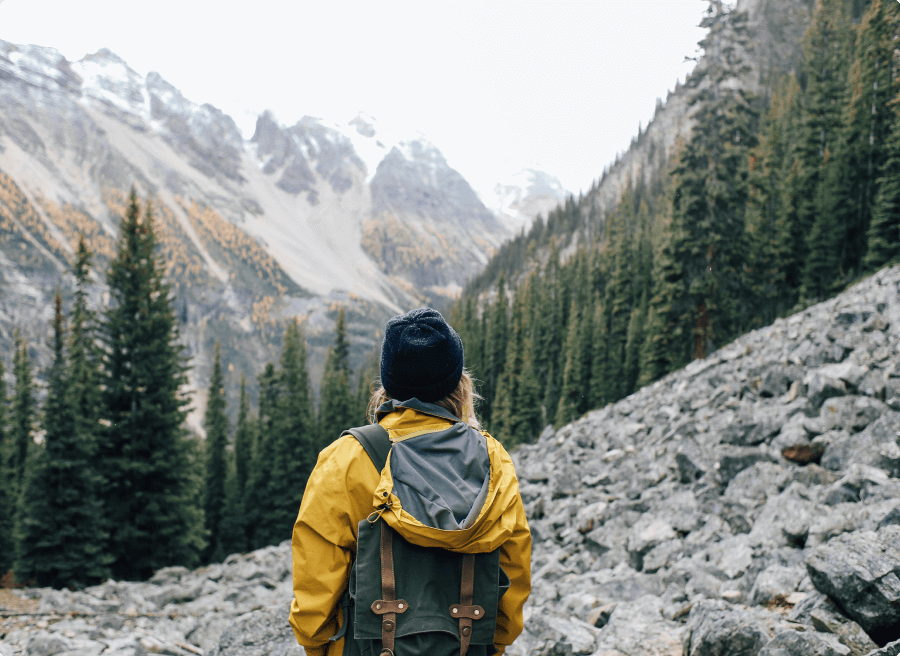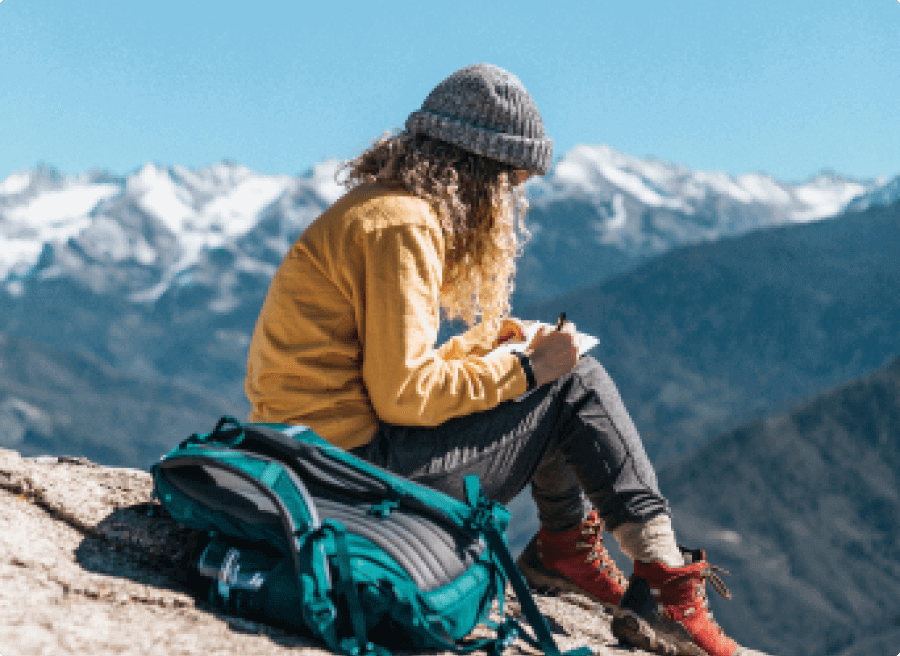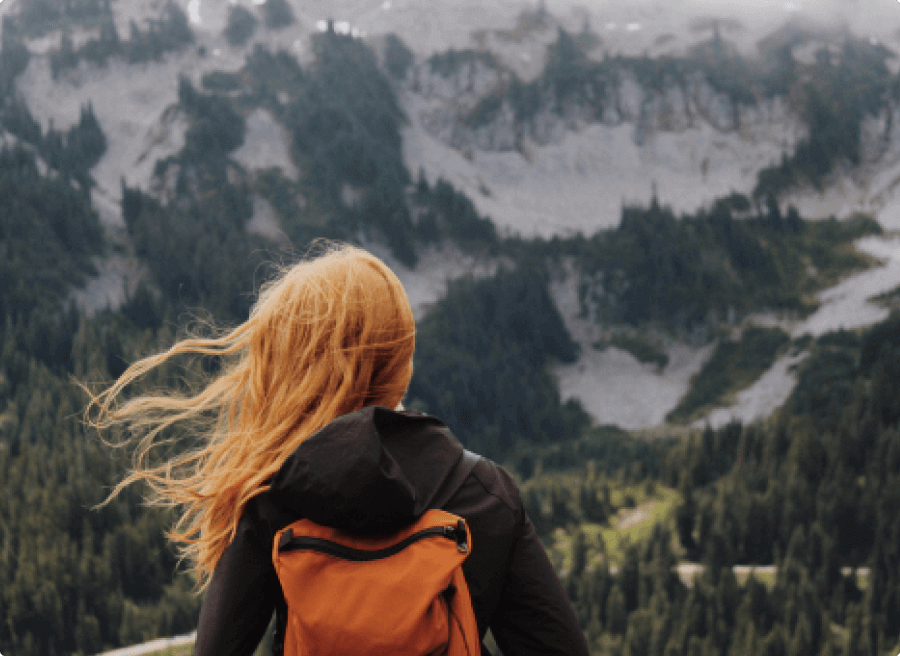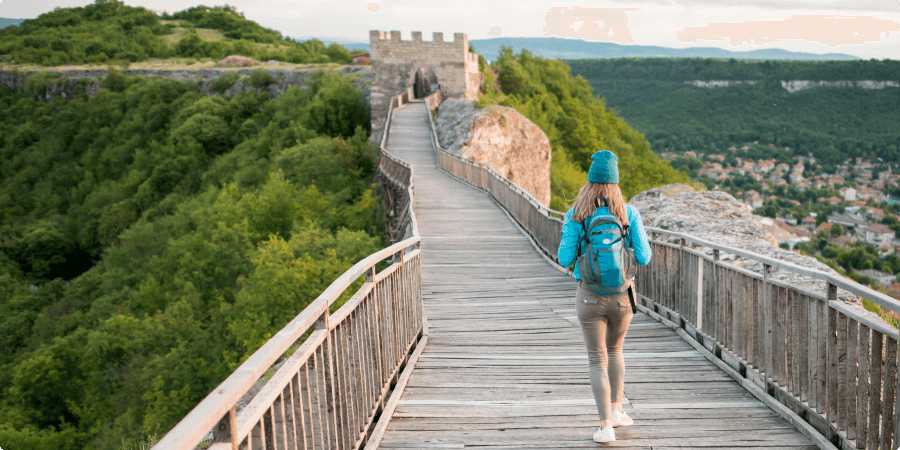Summary
- This article provides comprehensive advice and guidelines for travelers visiting Egypt, covering the dos and don’ts to ensure a safe, respectful, and enjoyable journey.
- It emphasizes the importance of respecting cultural norms, managing health and safety, and navigating local customs and logistical considerations effectively.
- It stresses the importance of treating Egypt’s archaeological sites with care, dressing modestly, especially in religious places, and engaging respectfully with local customs and traditions to enrich the travel experience.
- It advises on the benefits of carrying cash in less touristy areas, the importance of staying hydrated, and the joy of capturing memories through photography.
- The piece outlines essential social interaction tips and safety precautions, such as learning basic Arabic phrases and being cautious with street vendors.
- Finally, the article encourages travelers to immerse themselves in the Egyptian experience through food, local engagement, and adventures.
The Do’s and Don’ts of Egypt is a marvelous chance to explore Egypt with great ease. This article’s main goal is to provide a clear explanation of all the things that every traveler can do & things to avoid in Egypt. This article was written by a group of Egyptian travel consultants, tour guides, and tour operators.
The experience of witnessing the Wonders of ancient Egypt with your own eyes is a majestic phenomenon. The do’s and don’ts of Egypt were written to help you have a more safe and relaxing journey across Egypt. Here is a list of the most important do’s and don’ts of Egypt:
-
When in Egypt, you must respect all the archaeological monuments and sites by not touching, scratching, or sitting on them as they are what remains of the ancient Egyptian heritage.
-
You should dress correctly despite the fact that there is no specific dress code in the cities. It is known that women will feel much more comfortable if they cover their shoulders and do not wear shorts; this becomes very relevant when visiting mosques and churches. You can read more about what to pack for Egypt.
-
Drink a lot of water and apply sun cream to stand the heat and the sun.
-
Despite the fact that hotels and main shops in the tourist areas would accept credit cards and foreign currencies, smaller restaurants, and stores are unlikely to do so, especially when you go further into the tourist areas and the desert.
-
Buying souvenirs in Egypt will be the highlight of your holiday as it will be a great reminder of your stay in Egypt, where the most incredible collection of perfumes, jewelry, and handicrafts is made from alabaster, textiles, and glass.
-
Always carry your camera with you so you won’t miss your amazing moment with your loved ones.
-
Always keep your professional tour guide and driver with you when you go on a desert excursion.
-
Always check the time of the ensa time lock during your Nile River cruise booking.
-
Don’t miss your chance to attend a sound and light show in Luxor along with the archaeological spots through the Nile River. 10. Keep your mind focused on having a good time, and don’t take long to return to Egypt.
The Do’s in Egypt
- Do spend time chatting with people.
- Do learn some basic Egyptian Arabic during your trip.
- Do ask when you don’t understand something.
- Do savor as much Egyptian food as you can.
- Do stay in a central location.
- Do dress modestly.
- Do be careful of public displays of affection.
- Do ask for directions from at least three different people.
- Do ask for help when crossing busy streets.
- Do take taxis rather than public transportation.
- Do ask locals about the fare for your destination before taking a taxi.
- Do avoid off-road destinations.
- Do carry small change and coins.
- Do leave tips in cafés, restaurants, hairdressers, shops, and almost everywhere; learn more about tipping in Egypt!
- Do bargain in souvenir shops and bazaars.
- Do respect Egyptian temples and monuments.
- Do enjoy the country as much as you can.
The Don’s in Egypt
- Don’t even think about renting a car unless you have driven in India or Egypt before.
- Don’t get frustrated when someone is late.
- Don’t wear shorts and vests or tank tops.
- Don’t talk to people who approach you in public areas.
- Don’t follow someone trying to “help” you.
- Don’t drink the tap water.
- Don’t drink alcohol in the street.
- Don’t be intimidated by market vendors.
- Don’t take photos of locals without permission.
- Don’t visit mosques during prayer time.
- Don’t be surprised to see Egyptian men holding hands.
- Don’t put your feet on a table or point the soles of your shoes at others.
- Don’t pet street dogs and cats.
- Don’t use drones in Egypt.
Rules of Egypt
Egypt could be one of the most beautiful and complete travel destinations on earth where everyone can enjoy the most amazing vacation. Before traveling to Egypt, be aware of all the rules and guidelines, which include checking your country’s visa requirements. Ensure your passport’s validity extends six months past your planned exit. Understand all the rules and customs restrictions for items like medications and electronics. Note limits on the Egyptian pound movement. Always prioritize health precautions, like vaccinations and water intake, and watch street food. Stay updated on safety alerts and respect historical sites’ guidelines.
The rules and customs of being in Egypt exist to make every traveler experience total comfort and tranquility for example, make sure to react correctly to greetings, appropriate dress codes, especially in religious sites, and dining etiquette. Always make sure to ask for permission, especially when taking pictures. Make sure to carry the local currency for tipping and small purchases. Ensure that all your belongings are safe and the surroundings are entirely magical. Learn some Arabic phrases before arriving in Egypt so you can easily communicate with your driver, tour guide, and the public. These rules ensure safety, respect, and a smoother Egyptian journey.
Entry and Departure in Egypt
All the visitors need a single-visit visa so they can enter Egypt. The Egyptian visa is valid for 90 days, and obtaining one is very simple by applying for one at the Egyptian consulate in your country or purchasing a visa on arrival from the Egyptian airport if you belong to one of the countries accessible for a visa on arrival.
All travelers must have a passport that is validated on the date of entry. Egypt, like all other countries, applies strict rules when bringing items like alcohol and cigarettes into the country, so it’s advisable just to buy them from an airport shop.
Language of Egypt
The official and primary language in Egypt is Arabic, and the most common foreign language in Egypt is English, which is spoken in most of the tourist areas. Besides English, French, German, Italian, and Spanish are also spoken by those working in the tourism industry and educated individuals. Egypt’s rich historical tapestry and cultural legacy are deeply intertwined with its languages, reflecting a blend of African, Arabian, and Mediterranean influences.
The use of modern standard Arabic is widespread in official settings, education, and the media. The Egyptian Arabic dialect, known colloquially as Masri, serves as the lingua franca among the general population. This dialect is distinct from other Arabic dialects and is known for its unique expressions and idioms, making it an integral part of Egypt’s cultural identity.
Health in Egypt
There are no vaccinations needed to visit Egypt, making it accessible for travelers from around the globe. However, visitors should take precautions against common environmental factors such as dehydration and sunburn, which can be mitigated by using plenty of sun cream, wearing a hat, and dressing in light cotton clothing. These precautions are particularly important given Egypt’s hot, sunny climate, especially during the summer months when temperatures can soar.
In addition to these precautions, travelers are strongly advised to have health insurance before coming to Egypt. While Egypt boasts a range of healthcare facilities that provide good services, having health insurance ensures that travelers can access the necessary medical care without facing significant out-of-pocket expenses. This is especially critical in case of emergencies or unforeseen medical needs.
Currency of Egypt
The main currency of Egypt is the Egyptian pound (EGP), which is a crucial piece of information for travelers planning a visit to this culturally rich country. For convenience, cash can be obtained very easily from ATMs, which are widely available across all towns and cities throughout Egypt. This widespread availability of ATMs ensures that accessing local currency is straightforward for tourists, regardless of their point of entry or their travel destinations within the country.
All the major hotels and stores in Egypt are quite accommodating when it comes to payment methods. They accept a variety of credit cards, including international ones like MasterCard and Visa. This flexibility is beneficial for travelers who prefer the security and convenience of cashless transactions. In addition to credit cards, these establishments also accept cheques and, of course, cash payments in foreign currencies such as US dollars and euros. This wide range of accepted payment methods underscores Egypt’s openness to international visitors and its preparedness to cater to their needs, enhancing the overall ease of travel and commerce within the country.
Climate of Egypt
Egypt weather is very vast, and the weather can differ very considerably from the coast of the north in Alexandria to the further south in Luxor, Aswan, and Abu Simbel. The Nile valley stretches to about 1532 km, and the climate across all that distance is very moderate, with sunshine and very rainy days, unlike the desert areas that have higher temperatures.
Average temperatures in Cairo are about 25-35°C (95°F), while in Aswan at 31-42°C (107.6°F) and in Luxor are 30-40°C (107.6°F). The best time to be in Egypt is in May, April, and in the winter months from August to March when the temperatures are much lower, and in June and July, the climate is the hottest.
Transportation in Egypt
There are countless ways to travel across the vast city of Cairo, for the people who have a limited amount of time to travel by air. There are also trains & long-distance buses which are the cheapest choices, but not as fast as airplanes. Travel within cities is best done by minibus, taxis, and private cars.
Hiring a car with a private tour guide is always the best option if you have a tight schedule for all the sights inside a certain city. In Cairo, the subway or a private car is the fastest option. If you want to wander in the desert, you must have your tour guide at all times.
Time and Electricity in Egypt
The Egyptian time is two hours ahead of GMT, except from the start of May and the end of September, where it shifts to being three hours ahead, aligning with the end and beginning of British summertime. This seasonal time adjustment is important for travelers to note, especially when planning flights, tours, and activities to ensure synchrony with local time and avoid any scheduling conflicts.
Regarding electricity, Egypt utilizes a 220v system, and the sockets are of the two-pin European mainland variety. This is a crucial piece of information for travelers who rely heavily on electronic devices such as smartphones, cameras, laptops, and tablets during their travels. The difference in socket types means that visitors from countries with different plug standards, including the United States, United Kingdom, and others, will need to pack an adaptor to ensure their electronic devices can be charged and used without interruption.
Business Hours and Public Holidays
All the government, administrative offices, and banks are open from 9 am to 2 pm each day, except for Fridays, Saturdays, and public holidays. All historical sites and museums are open daily. All the shops are open from 10 am to 10 pm every day except Sunday. In Ramadan, all these times can change. Here are famous festivals and public holidays in Egypt:
- On January 7 “Coptic Christmas“
- On May 1 “Labour Day“.
- On July 23 “Revolution Day“.
- On October 6 “Armed Forces Day“.
- The Islamic New Year.
- The Birth of the Prophet and Ramadan.
Communications in Egypt
Egypt, like any modern country, has embraced Internet services, making it easy for residents and visitors alike to stay connected. WiFi is readily available in most public places, including hotels, cafes, restaurants, and even in some public transportation areas. This widespread availability of internet services ensures that travelers can easily access online maps, information, and social media or stay in touch with friends and family back home.
Egypt’s telephone system is efficient and robust, capable of connecting you anywhere in the world. This is particularly reassuring for international travelers who may need to make urgent calls or arrange international communications during their stay. The country’s telecommunications infrastructure supports a variety of services, including mobile phone networks that offer extensive coverage across urban and most rural areas, ensuring connectivity even when on the move.

